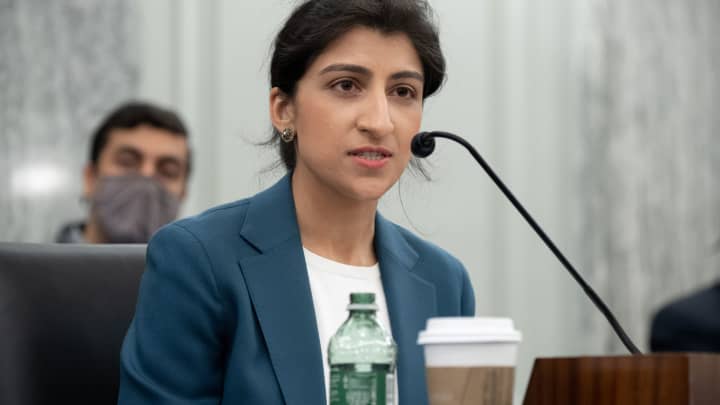
“I am happy to announce that I will be working together with the Biden-Harris administration!”
A few days after the Biden administration took office this past January, my Twitter feed was an endless procession of tweets like the one above from my colleagues in academia. They were so-called well-known scholars with promising futures, in recognition of their outstanding research achievements in various fields such as economics, law and public health. One friend of mine, a professor at Columbia University, also left for Washington to work as a policy adviser to the Department of Labor in the Biden-Harris administration for a year. So many experts went into the government that another professor jokingly tweeted, “Am I the only who didn’t receive an invitation? Have I been studying all this time for nothing?”
The most notable aspect of the Biden administration’s first appointments was its high degree of diversity. There were more non-white experts than in any previous administration, and the percentage of women was higher. However, a slightly different kind of diversity is also noticeable — that is, the young age of outside experts. In particular, so-called key policy experts who play an important role in the actual policy-making process are much younger than before, and their roles have grown. Let’s look at two typical examples.
First, 43-year-old Brian Deese was appointed as the director of the National Economic Council, the highest decision-making body for economic policy directly under the president. After Deese graduated from Yale Law School and worked on John Kerry’s and Hillary Clinton’s presidential campaigns, he worked in the Obama administration for most of his 30s. He drafted an emergency relief package for the American auto industry following the 2008 financial crisis and also played an active role in the drafting of the Paris climate agreement, which took effect in 2016. After leaving the Obama administration, he served as a consultant on sustainable investment at BlackRock, the largest asset management company in the United States. Within the Democratic Party, he has an extensive knowledge of policy and experience in both the public and private sector and is thought to have the excellent political judgment necessary to reach agreements. Joe Biden’s appointment of Deese signals that he plans to put environmental issues at the heart of economic policy.
Another individual is Lina Khan (b. 1989). Khan, a Columbia Law School associate professor, is an Indian-American whom Biden nominated as one of the five commissioners for the Federal Trade Commission. If confirmed by the Senate, Khan will be the youngest commissioner in the history of the FTC. While attending Yale Law School, Khan received significant attention for her article titled “Amazon’s Antitrust Paradox.” In the article, she argued that a new monopoly standard should be established for platform-based economies. To this day, companies that use their monopoly position to raise consumer prices are subject to antitrust regulation, while monopolies in platform economies such as Amazon can hinder market competition by lowering prices below their competitors’ to gain customers. Khan’s paper attracted the attention of many policymakers amid active discussions on how to match the definition of a monopoly to a changed environment, where tech companies are growing in size and market competition is decreasing. Since then, Khan has been active in the studies of market competition and monopoly and has also served as an adviser to the Federal Trade Commission. Now Khan will assume the role of overseeing antitrust regulation in the American economy at the age of 32.
In both cases, what is more important than their ages is their expertise and depth of experience. The United States did not leave just the so-called youth issue to young experts. Even within the younger generation, talented people with expertise in major issues facing American society such as antitrust regulation, the environment and health insurance are emerging, and the government makes policies by hiring them. It is also good for the older generation that experts continue to emerge within the new generation. This is because it is only when competition intensifies that one continues to study and build up skills and does not rot like stagnant water.
The final announcement of a policy will come through the mouth of Biden, born in 1942 and in his 80s, but the fact that the concerns of those who actually crafted it will span all generations is why the Biden-Harris administration looks young even without a clear “youth policy.”

Leave a Reply
You must be logged in to post a comment.